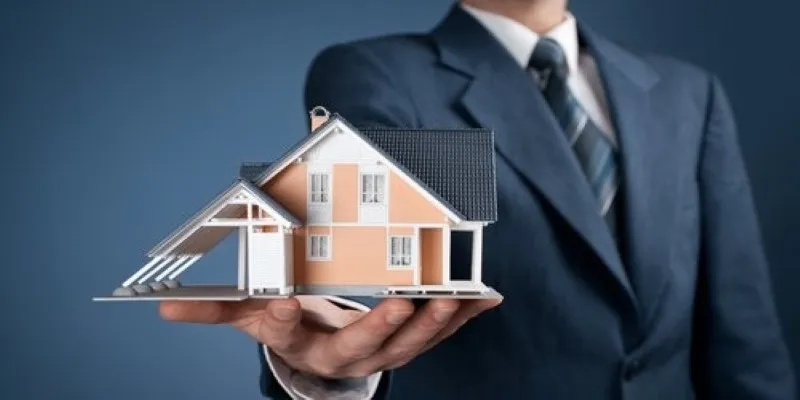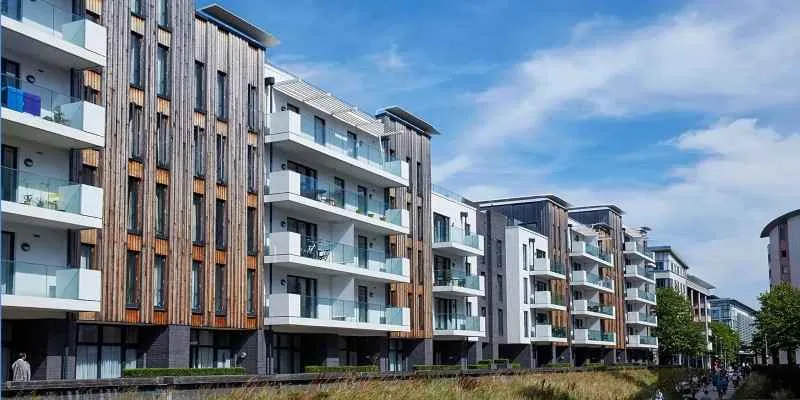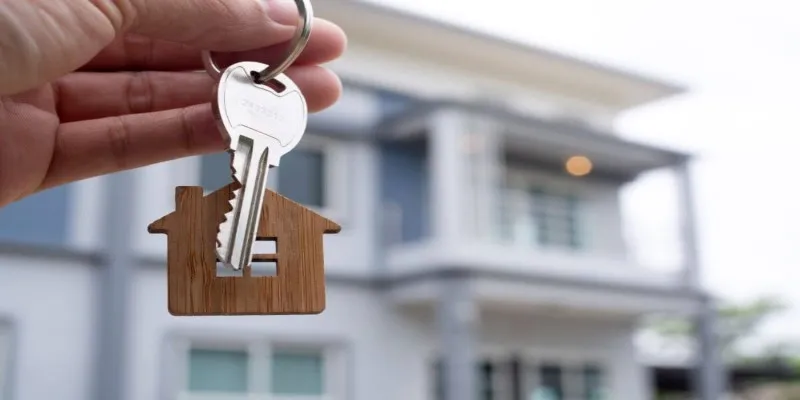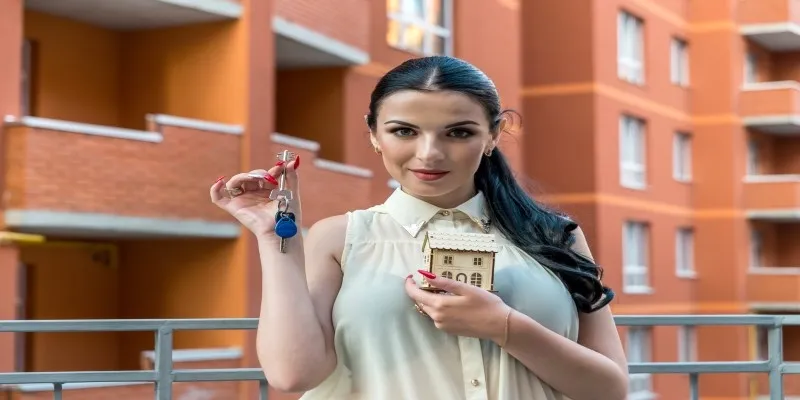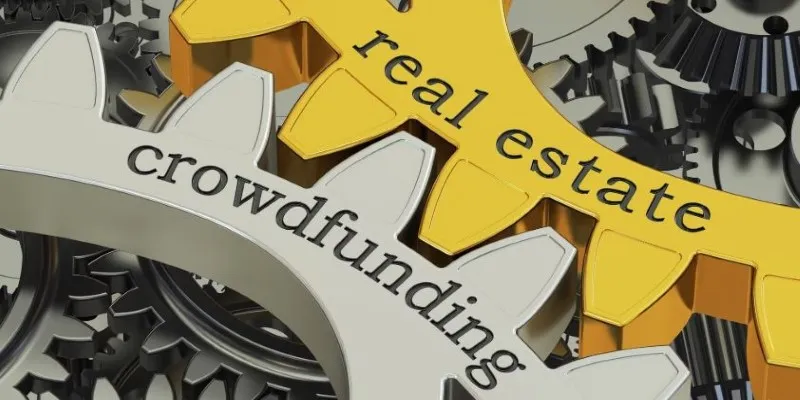Is Homeownership Right for You? 6 Questions to Guide Your Decision
Buying a home is more than just browsing listings and imagining your furniture in a new space. It’s a decision that can shape your lifestyle, finances, and future. Whether you’re eyeing your first home or upgrading to your next one, the process can feel both exciting and daunting. You might feel the pull of “home sweet home,” but it’s essential to hit pause and ask yourself some tough questions.

A house is likely one of the biggest investments you’ll ever make, so ensuring it’s the right one is key. Before you rush into signing on the dotted line, let’s explore six questions that will help you decide if you’re truly ready to make the leap into homeownership.
6 Key Questions to Answer Before Becoming a Homeowner
Here are six crucial questions to ask yourself before becoming a homeowner:
Can I Afford It?
One of the first questions to ask yourself before buying a home is whether you can afford it. A house is a long-term financial commitment, and you’ll need to assess both your current and future financial situation. The cost of a home extends beyond the mortgage. You’ll need to consider property taxes, insurance, maintenance, and unexpected repairs. Also, don’t forget about the closing costs and down payment, which could range from 3% to 20% of the home’s price, depending on the loan you choose. Take a close look at your income, monthly debts, and savings to determine if you have enough financial cushion to cover these expenses comfortably.
Beyond the purchase, you should also think about long-term affordability. Is your job stable? Do you expect your financial situation to improve, stay the same, or change for the worse? It’s crucial to plan for these scenarios before you make a decision.
Am I Ready for the Responsibility?
Owning a home comes with a level of responsibility that goes beyond renting. When something breaks, it’s on you to fix it, and those repairs can be costly. Additionally, you will need to maintain the property to prevent small issues from becoming larger, more expensive ones. This can range from regular lawn care to major renovations down the line. Ask yourself if you’re ready to take on these responsibilities and if they fit into your lifestyle.

Homeownership also means you’ll be tied to a specific location, which brings a certain level of commitment. If you have a career that requires you to move frequently or if you see yourself traveling for long periods, the flexibility of renting might be more appealing.
How Long Do I Plan to Stay?
Before buying a home, consider your long-term plans. Do you plan to stay in this home for five years, ten years, or longer? If you’re not planning to stay put for at least five years, purchasing a home may not be the best financial decision. The upfront costs of buying a home, including closing costs and realtor fees, may not be recouped if you sell too soon. Real estate appreciation can be unpredictable, and if you’re forced to sell during a market downturn, you might end up losing money on your investment.
On the other hand, if you’re looking for stability and want to settle down in a community, buying a home can be a great option. Just be sure that your life plans align with the long-term nature of homeownership.
Is This the Right Location?
Location is everything in real estate, and it’s one of the most important aspects to consider when buying a home. You should evaluate whether the neighborhood aligns with your lifestyle and long-term needs. Consider factors such as proximity to work, schools, public transportation, and amenities like grocery stores and parks. The neighborhood’s safety, future development plans, and property value trends are also crucial in determining if this is the right place for you to invest in.
It’s also essential to think about the potential for resale. Even if you love the house, will it appeal to future buyers if you decide to sell? Homes in desirable locations tend to hold their value better, even during economic downturns.
What Type of Home Suits My Needs?
There are many types of homes available—single-family homes, condos, townhouses, and more. It’s important to determine which type best suits your needs and lifestyle. For instance, if you’re looking for a low-maintenance option, a condo or townhouse might be ideal, as many of these properties offer services like landscaping and exterior maintenance. On the other hand, if privacy and space are high on your list, a single-family home may be more appealing.
Additionally, think about the future. Will the home suit your needs as your life changes? If you’re planning on starting a family or anticipate the need for a home office, you’ll want a property that can accommodate these future needs.
What Is the Market Like?
The state of the real estate market can significantly impact your buying decision. Are home prices rising or falling in the area you’re looking to buy? Is it a buyer’s market or a seller’s market? In a buyer’s market, there are more homes available than there are buyers, giving you more negotiating power. In a seller’s market, demand exceeds supply, which can drive up home prices and leave buyers with fewer choices.

It’s also important to pay attention to interest rates. Even a small increase in interest rates can significantly affect a home’s affordability. Higher rates mean higher monthly payments, and the overall cost of the home could be much more over the life of the mortgage. Keep an eye on these market factors to ensure you’re buying at the right time and in the right conditions.
Conclusion
Buying a home is a huge decision that requires careful thought and planning. By asking yourself these six key questions—about affordability, readiness for responsibility, long-term plans, location, the type of home, and the real estate market—you can be better prepared for the journey ahead.
A well-thought-out decision will not only make the process smoother but also help ensure that your home is a solid financial investment and a place you can enjoy for years to come.
